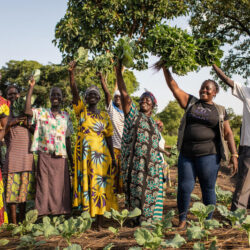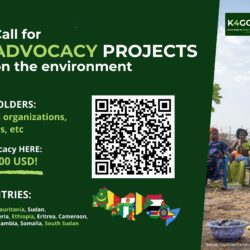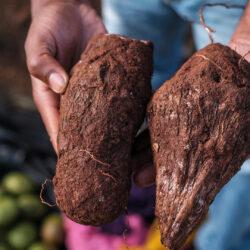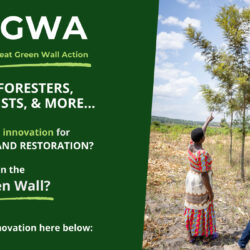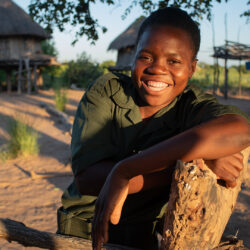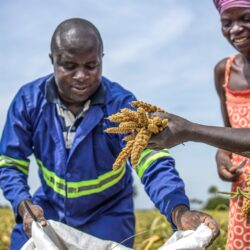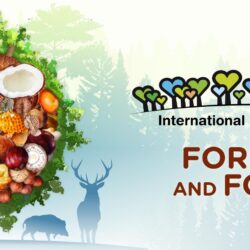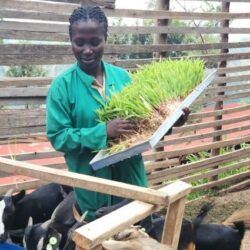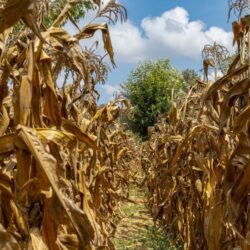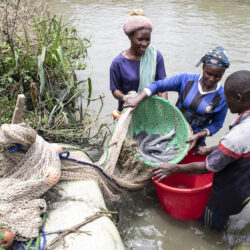Global Call for Stories: Family farmers at the heart of climate-resilient and sustainable agrifood systems
Sharing and learning from the experiences of individuals and organizations driving positive change is critical to advancing the agricultural sector towards greater sustainability. All over the world, there are thousands of stories of distinctive work carried out anonymously by family farmers, including women and youth, on successful transitions to more inclusive, sustainable and fair food systems. Those stories are based on co-creation and sharing of traditional knowledge and innovations that

